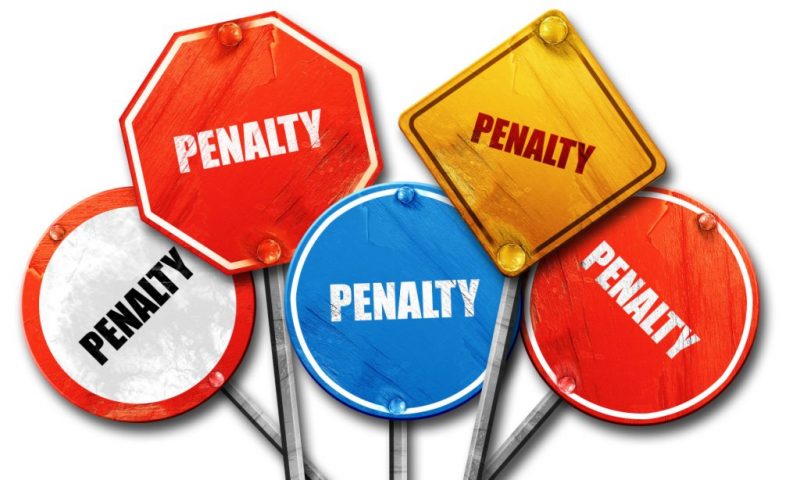Every now and then RBI imposes penalty on banks and NBFCs for certain violations. Banks never go to court to get the fine stayed. It doesn’t tarnish their brand image. It doesn’t dampen their ‘violative’ mood. Why do they accept such fines so easily? After all, why are the fines imposed? Because the risk reward ratio for such fines is profitable. In simple terms, the fine of Rs 1.0 Crore is always welcome if it brings a fortune of Rs 100 crore. Let us discuss these in detail.
NO interest till disbursement of loan: Reserve Bank of India (RBI) says that the interest on loan should start only after disbursement of the loan. For example, if a loan is sanctioned to you on 10th September and disbursed to you on 10th October, then the interest on loan should start from 10th October. In most of the cases, banks and NBFCs start charging the interest on loan from the date of sanction itself. The interest charged for the period between sanction date and disbursement date is a mammoth amount. In most of the cases, this arm-twisting is not reported by the customer to Banking Lokpal. Banks go scot free. If at all, RBI comes to know of this, a ‘token’ short of penalty is imposed. Banks and NBFCs are happy paying such penalties.
Credit card debt trap: Recently, multinational bank HSBC was fined for a peculiar reason. It was using negative amortization method for calculating minimum payment due for credit card customers. What is ‘negative amortization’? It means that the minimum payment due of the credit card were calculated in such a way that after paying the minimum payment, the outstanding on the credit card bill used to increase. For example, if minimum payment due was 10000 and the current outstanding was 100000, the outstanding of Rs 100000 should decrease after paying the minimum amount due i.e. Rs. 10000. Instead, it used to increase to 12000. In such a scenario, the customer lands in debt trap and isn’t able to pay complete outstanding during his entire life time.
The rule of 7 am to 7 pm: We all are aware of the tyranny of loan recovery agents. There are well established RBI rules for recovery agents. The agents hardly follow these rules. Recently HDFC has been fined heavily for violation of one such rule of 7 am to 7 pm. The RBI says that recovery agents may call the borrower between 7am and 7pm only. They will behave with courtesy and won’t invade customer’s privacy. Does this happen in practice? Not at all. HDFC bank has been fined for opening saving account of ineligible entities as well.
Lack of uniformity in interest rate: The customer specific discriminatory interest rate is known to all of us. The Banks and NBFCs tweak with interest rate depending on customer’s profile. They have certain in-house system to decide over this. But BNP Paribas went a step ahead and tweaked with the benchmark itself. In and order dated 13th September 2024, RBI said, “The bank failed to adopt uniform external benchmark within the same loan category in respect of certain loans.” No doubt, BNP Paribas would have earned much more from this tweak in comparison to RBI’s fine of around Rs.32 lakh.
Shadow reversal within 10 days: Most of us have faced unauthorized transaction in our account or on credit card and reported the incident to customer care. As per RBI guidelines, the bank has to reverse the transaction within 10 days of such complaint without waiting for the insurance claim settlement. This is called ‘shadow reversal’. Banks seldom do such transfers in stipulated time frame and get fined happily. Central Bank of India has been recently fined by RBI for non-compliance of ‘shadow reversal’ guidelines.
There are discussions of increasing penalty amount to deterrent level, so that banks/NBFCs take RBI guidelines seriously. But mere fine is not enough. They must be asked to disgorge the entire amount with penal interest earned over a time through such violations.



